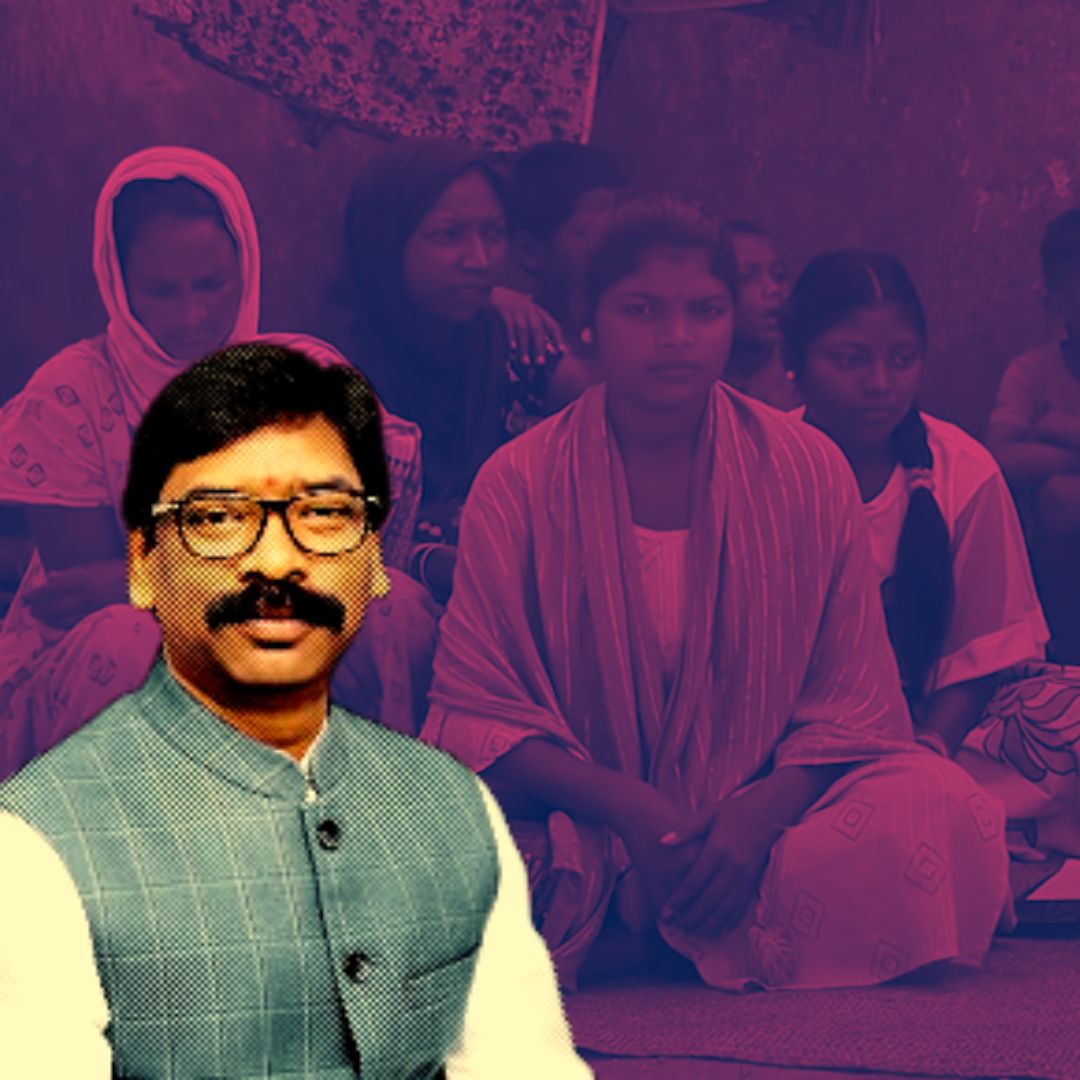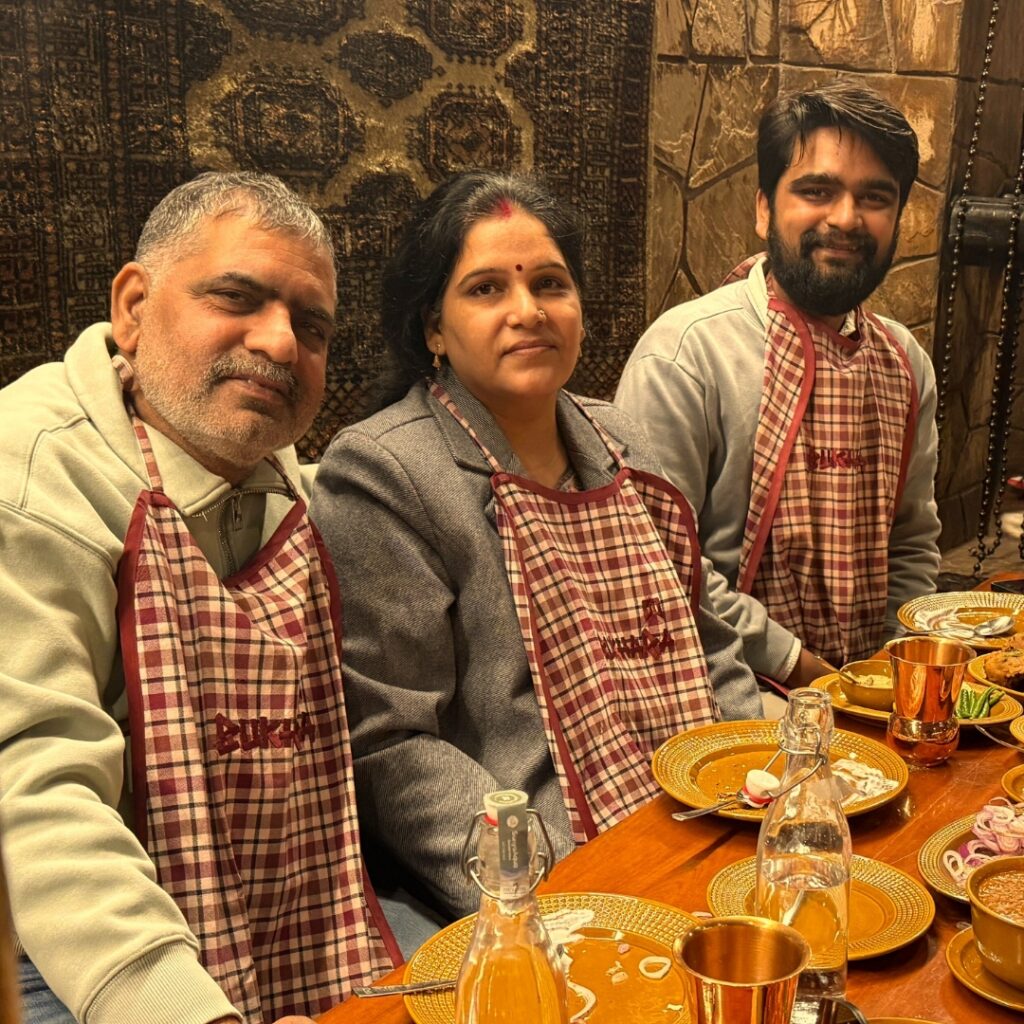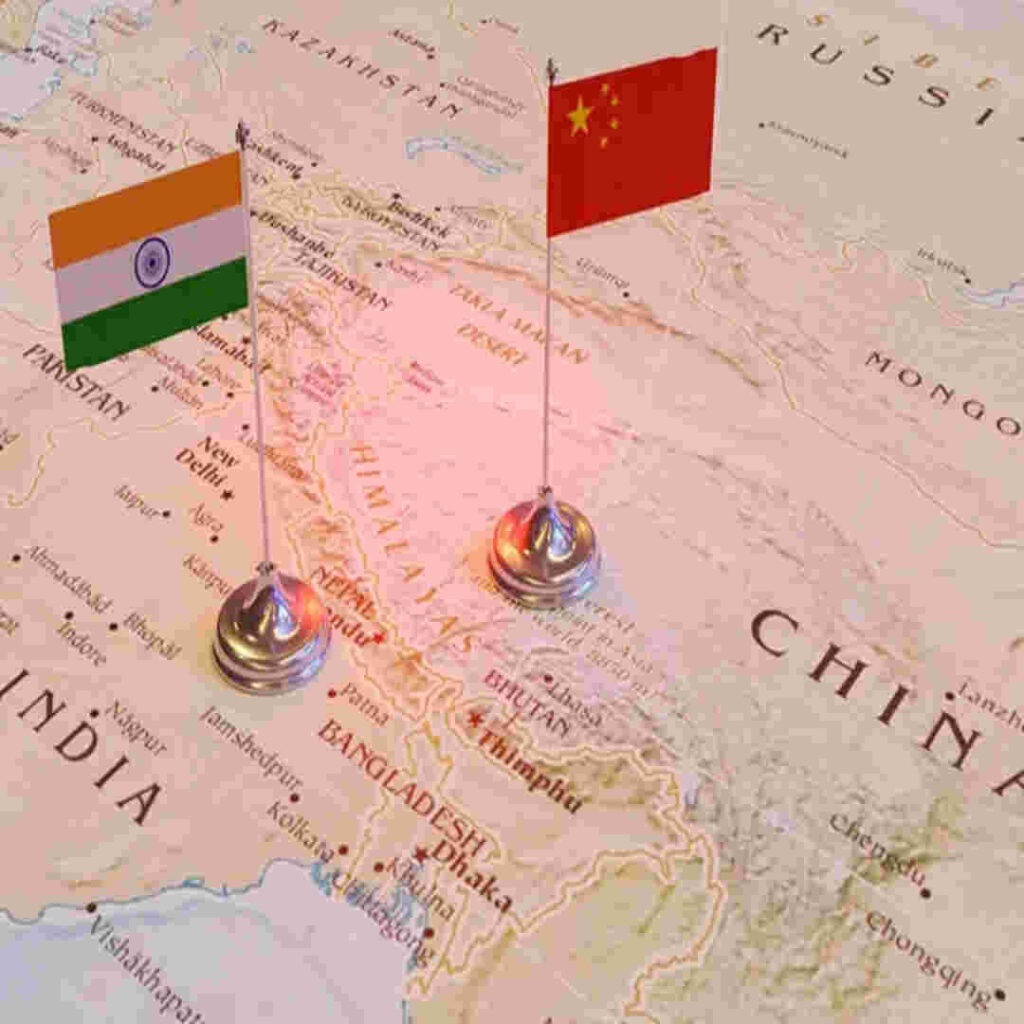In a notable shift in religious beliefs, more than 300 families in Korwa village, situated near the Barwadih area of Garhwa district in Jharkhand, have converted to Christianity over the past decade. This transformation has been reported by Subhi Vishwakarma, a Digital Correspondent for Organiser Weekly, and is now being amplified by The Logical Indian.
A Shift Towards Christianity
During a recent visit to Korwa village, it was revealed that many residents have embraced Christianity as a means to improve their living conditions and social status. Jango Korwa, a member of the Adim tribe, shared that his family converted approximately 10 to 15 years ago. “We belong to a backward caste, and converting has significantly improved our lives,” he stated.
Fulmatiya Devi, another villager who began practicing Christianity upon moving to Korwa in 2001, described her initiation into the faith through a baptismal ceremony held in a river. “It felt like a fresh start,” she reflected. The local church has played a crucial role in this transformation by providing spiritual guidance and practical support, such as food aid and medical assistance.
Community Support and Transformation
Villagers noted that they receive rations from the church during times of need, fostering a sense of community and belonging. “Our lives have changed for the better since we joined the church,” one villager remarked. Despite concerns about losing their traditional Hindu customs, many express satisfaction with their new faith and lifestyle changes.
Chief Minister Hemant Soren acknowledged the ongoing conversions in his statements, expressing concern over the implications for cultural identity among tribal communities. He remarked, “While we respect individuals’ rights to choose their faith, we must also ensure that our cultural heritage is preserved.”
Cultural Identity at Stake
As these families continue to embrace Christianity, they appear willing to marry within their new faith and fully integrate into Christian practices. This raises important questions about cultural preservation and identity among tribal populations in India.
The experiences shared by villagers highlight not only individual transformations but also broader societal changes as communities navigate their identities amidst evolving religious landscapes. As this narrative unfolds, it invites reflection on the nature of faith and community. How can we foster understanding and dialogue between different belief systems while respecting individual choices?
News in Q&A
1. What is happening in Korwa village, Jharkhand?
Over 300 families in Korwa village have converted to Christianity in the past decade. This transformation is driven by a desire for better living conditions and social support, as many villagers believe that embracing Christianity has improved their quality of life.
2. Why are villagers choosing to convert to Christianity?
Villagers like Jango Korwa and Fulmatiya Devi have cited various reasons for their conversion, including escaping the socio-economic challenges associated with their previous Hindu practices. They report that converting has led to a significant improvement in their living standards, with access to resources such as food aid and medical assistance provided by the local church.
3. What role does the local church play in this transformation?
The local church has been instrumental in supporting the converted families by offering spiritual guidance and practical help, including food rations and medical care. Many villagers express gratitude for the church’s assistance during times of need, indicating that their lives have changed positively since joining the Christian community.
4. How do local authorities view these conversions?
Chief Minister Hemant Soren has acknowledged the ongoing conversions and expressed concern about the implications for cultural identity among tribal communities. He emphasised the importance of respecting individuals’ rights to choose their faith while also ensuring that cultural heritage is preserved.
5. What does this shift mean for cultural identity in the region?
As families continue to embrace Christianity, they appear willing to marry within their new faith and fully integrate into Christian practices. This raises questions about cultural preservation and identity among tribal populations, as many villagers express no regrets about leaving their traditional Hindu customs behind.











